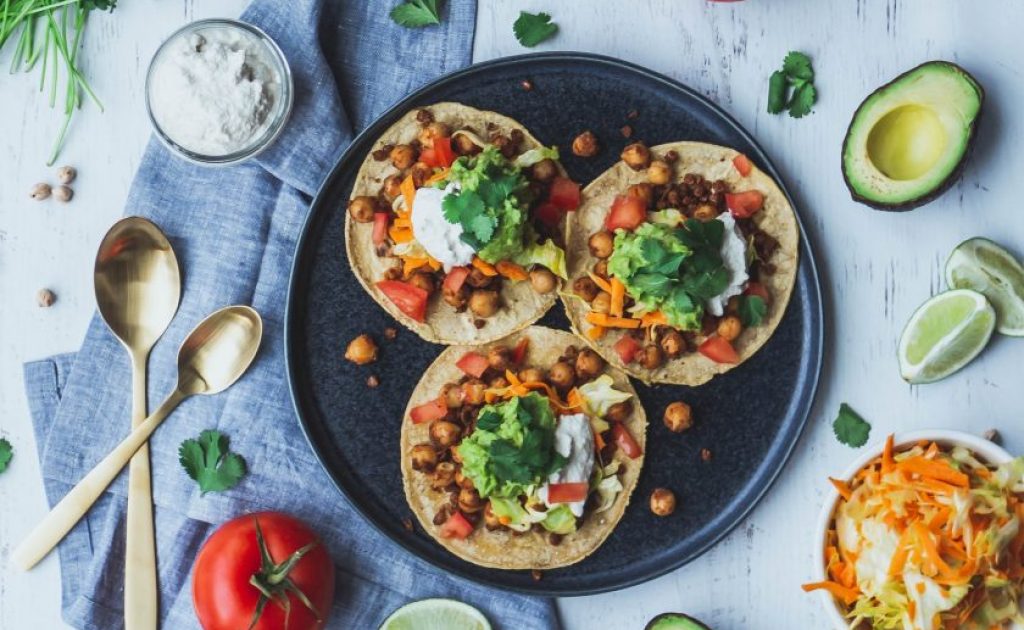10 Best Ways To Have A Balanced Diet
By Mary Ann
19 March 2023
A balanced diet is essential for maintaining good health and preventing chronic diseases. It is the foundation of a healthy lifestyle which never goes out of trend. In this blog post, we will discuss the best ways to have a balanced diet and how you can implement them in your daily routine.

Eat A Variety Of Foods
The first and most crucial step in having a balanced diet is to eat a variety of foods from different food groups. These groups include fruits, vegetables, grains, protein, and dairy products. Each group provides different nutrients that the body needs, and it is essential to have a mix of all these groups in your diet. Eating a variety of foods ensures that your body gets all the essential nutrients required for good health.
Include Fruits And Vegetables In Your Diet

Fruits and vegetables are a great source of vitamins, minerals, and fiber. They are low in calories and help maintain a healthy weight. It is recommended to have at least five servings of fruits and vegetables every day. This can be achieved by adding them to your meals, having them as snacks, or blending them into smoothies.
Read more: 10 Reasons Why Vegan Food Is Important
Choose Whole Grains
Whole grains are a better option than refined grains as they contain more fiber, vitamins, and minerals. They also provide long-lasting energy and keep you feeling full for longer. Whole grains include brown rice, whole-wheat bread, quinoa, oats, and barley. It is recommended to have at least three servings of whole grains every day which is very beneficial for your gut health.
Include Lean Protein Sources
Protein is an essential nutrient required for the growth and repair of the body. It is recommended to have lean protein sources such as chicken, fish, beans, lentils, and tofu. These sources are low in saturated fats and help maintain a healthy weight.
Limit Saturated And Trans Fats

Saturated and trans fats are unhealthy fats that can increase the risk of chronic diseases such as heart disease and stroke. It is recommended to limit the intake of saturated fats to less than 10% of your daily calorie intake. Trans fats should be avoided altogether as they have no nutritional value and are harmful to the body.
Reduce Sugar Intake
Sugar is high in calories and can lead to weight gain and other health problems. It is recommended to limit the intake of added sugars to less than 10% of your daily calorie intake. This can be achieved by avoiding sugary drinks, desserts, and processed foods.
Stay Hydrated
Water is essential for the body to function correctly. It helps regulate body temperature, transport nutrients, and remove waste. It is recommended to have at least eight glasses of water every day. Other sources of hydration include herbal teas, fruit-infused water, and low-sugar fruit juices.
Portion Control

Portion control is an important aspect of having a balanced diet. It is recommended to have smaller portions and eat slowly, allowing the body to digest food properly. This can help prevent overeating and maintain a healthy weight.
Plan Your Meals
Planning your meals in advance can help ensure that you have a balanced diet. It allows you to include a variety of foods and helps you avoid unhealthy choices. It also saves time and money as you can prepare meals in advance and avoid eating out.
Be Mindful Of Your Eating Habits
Being mindful of your eating habits can help you make healthier choices. It is recommended to eat when you are hungry and stop when you are full. Avoid eating while watching TV or using electronic devices as this can lead to mindless eating. Also, try to eat in a relaxed environment and enjoy your food.
In conclusion, having a balanced diet is essential for good health. It is recommended to eat a variety of foods from different food groups, including fruits, vegetables, whole grains, lean protein sources, limiting saturated and trans fats and sugar intake, staying hydrated, practicing portion control, planning meals, and being mindful of eating habits. By implementing these strategies, you can ensure that your body gets all the necessary nutrients to function optimally and maintain good health.
You Might Also Want To Read This
Popular Posts





